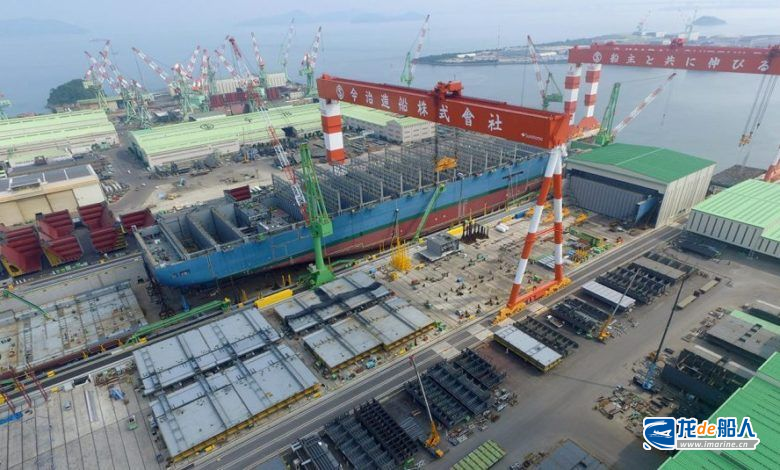Earlier this month, Imabari Shipbuilding, Japan’s largest shipbuilding group, was reported to have “encountered a ban on overseas recruitment.” After several days, the reason for the ban was officially announced.

According to a press release from Imabari Shipbuilding, the Immigration Services Agency of Japan has officially revoked the certification of Imabari Shipbuilding’s technical training programs from March 25, 2025, covering a total of 2,134 certified training programs from March 13, 2019 to July 12, 2024. Imabari Shipbuilding will no longer have official certification for foreign trainee training programs before 2030.
In an inspection in May 2021, Imabari Shipbuilding said it was fined for “failing to conduct voluntary load inspections as required by law” and “failing to record the insulation resistance value of electric motors as the same measurement value in the inspection sheet” for cranes at its factories; In May 2024, the company was again fined for violating the Occupational Health and Safety Act.As a result, Imabari Shipbuilding had its technical training program certification revoked by the Japan Immigration Services Agency.
This revocation of certification has forced the suspension of training for 52 personnel who were currently undergoing technical training at Imabari Shipbuilding. Personnel who have completed training and returned to their home countries, or who have changed their residence status to specified skills and are working for the company are not expected to be affected.
Imabari Shipbuilding believes that the above-mentioned crane inspection failure was caused by “lack of inspection process for crane inspection, including self-inspection” and “lack of input procedure for inspection input not matching the measured values in the inspection sheet.”
To prevent related incidents from happening again, Imabari Shipbuilding has decided to “introduce and operate a crane inspection system capable of detecting crane inspection failures (including self-inspection)” and “review inspection system (inspection by a two-person inspection team and entry in the inspection sheet) to prevent values different from the measured values from being entered in the inspection sheet” at all its factories. The relevant measures have been implemented in 2024.
In addition, Imabari Shipbuilding will continue to provide comprehensive compliance training to its employees.
It is understood that Japan was the largest shipbuilding nation in the early 21st century, and Imabari Shipbuilding was the largest shipbuilding company in Japan, but in the past 25 years, Japan’s shipbuilding position has been eroded by China and South Korea. As Japan’s demographic structure is not conducive to the development of the shipbuilding industry, Japan is forced to revise its immigration law to introduce overseas workers to help the shipbuilding industry.
According to the ranking of the world’s top ten shipyards (single shipyards, not shipbuilding groups) released by Clarksons at the beginning of this year, Japanese shipyards have been completely squeezed out. All 10 shipyards are from China and South Korea, namely, New Times Shipbuilding, Hudong-Zhonghua Shipbuilding, New Yangzi Shipbuilding, Hengli Heavy Industries, Samsung Heavy Industries, Hanwha Ocean, HD Hyundai Samho, Dalian Shipbuilding Industry Corporation (DSIC), Waigaoqiao Shipbuilding, and Jiangnan Shipyard.


